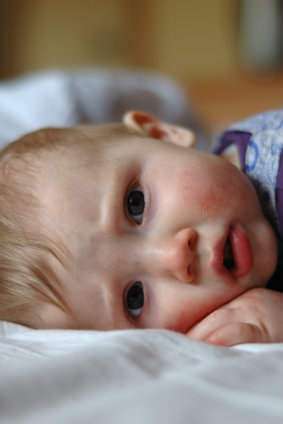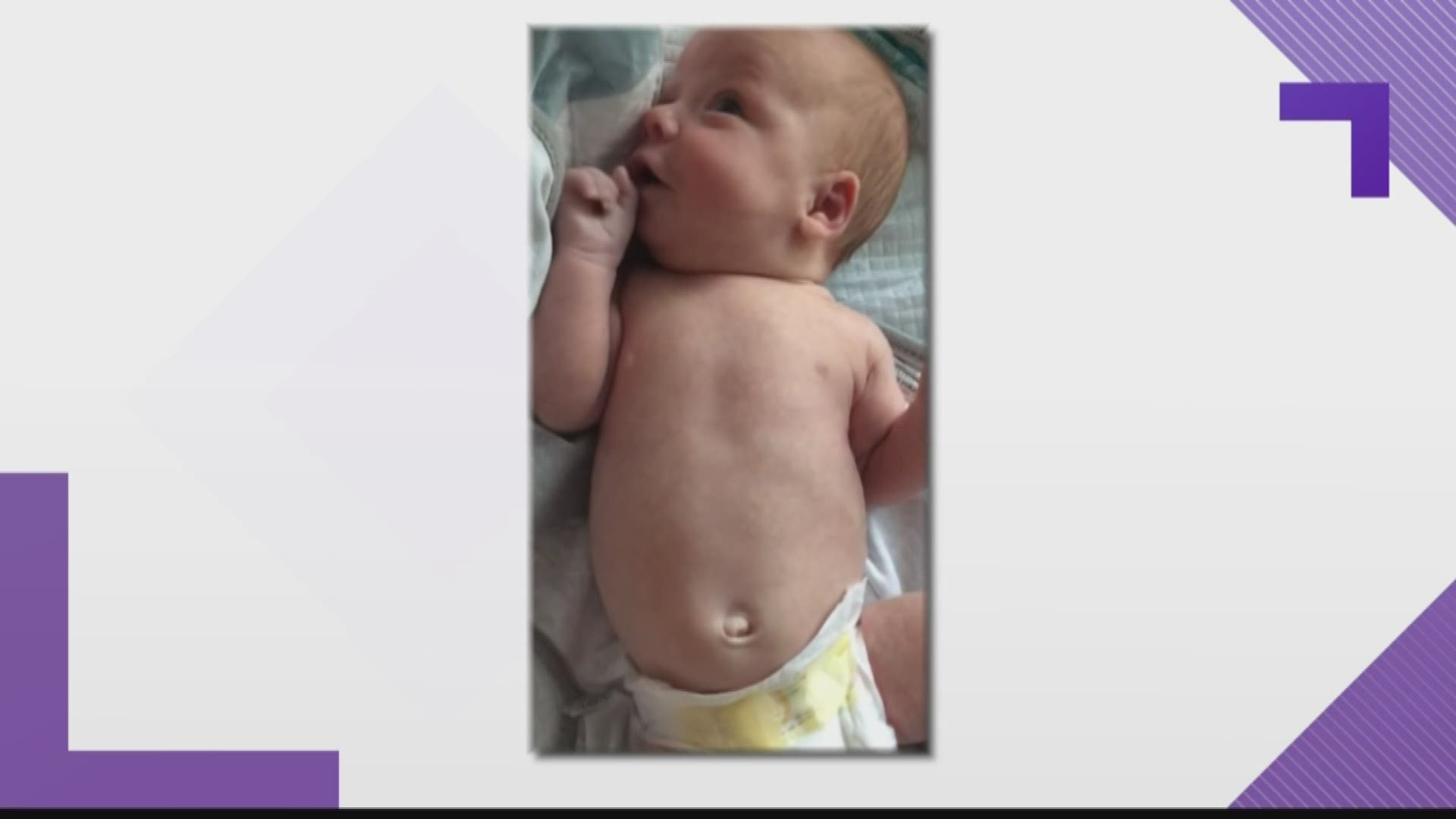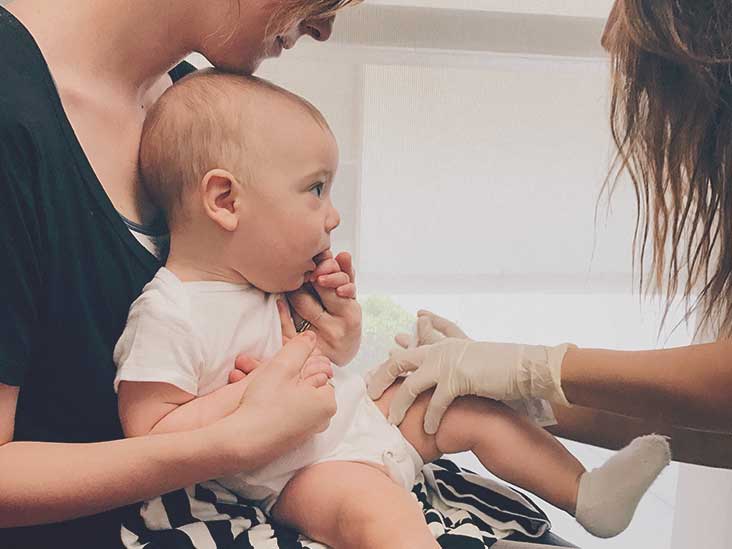Respiratory syncytial virus ( rsv ) is a common, and very contagious, virus that infects the respiratory tract of. It can also lead to pneumonia, an infection of the lungs.

How Do Babies Get Rsv - Fatherly Fatherly
Rsv positive means a respiratory syncytial virus infection is present.

Rsv in babies meaning. The mortality rate of rsv in babies depends on the immunologic status of the child, which resembles the following: Healthy adults and infants infected with rsv do not usually need to be hospitalized. It is the most common cause of bronchiolitis and pneumonia in children younger than 1 year of age.
Rsv usually causes mild respiratory infection in adults and children, but it can be severe in infants who are at increased risk of acute lower respiratory tract infection. In very young infants (less than 6 months old), the only symptoms of rsv infection may be. Respiratory syncytial virus, or rsv, is a viral infection that can cause significant symptoms in infants under the age of 2 years old.
It spreads between babies, children, and older people in respiratory droplets (similar to the way coronavirus and influenza spread). What is respiratory syncytial virus (rsv)? In older children and adults, rsv may cause a cough or cold, but in young children it can cause bronchiolitis.
What is rsv in babies? Bronchiolitis is almost always caused by a viral infection. Respiratory syncytial virus, commonly known as rsv, is a specific virus that has similar symptoms to the common cold but may cause inflammation of the smallest air passageways in the lungs.
But rsv in babies is most serious. It is more common in winter and early spring months. Babies with rsv can develop bronchiolitis, which causes coughing, wheezing and labored breathing.
Respiratory syncytial virus (rsv) is a serious infection that can affect people of all ages. Survival rate of rsv in infants. Respiratory droplets are tiny sprays of water that come from your nose or.
Its usually not serious, but symptoms can be much more severe in young children, older. Rsv can also cause more severe infections such as bronchiolitis, an inflammation of the small airways in the lung, and pneumonia, an infection of the lungs. In most cases, the respiratory syncytial virus (rsv) is responsible.
An rsv test is used to diagnose respiratory syncytial virus (rsv). The clinical findings may manifest in a wide spectrum. Infection can happen again anytime throughout life.
Respiratory syncytial virus is the most common agent that leads to acute bronchiolitis and viral pneumoniae, and the second most common cause of infant deaths after malaria after the neonatal period. Most babies have been infected at least once by the time they are 2 years old. These babies should be seen by a doctor.
This is different from adults who can sometimes get rsv infections and not have symptoms. In children with suppressed immunity, the mortality rate is higher (about 60 percent). In healthy children, the reported mortality rate is about 0.5 to 1.7 percent.
Rsv is a very common virus and almost all children are infected with it by the time they're 2 years old. Rsv is a viral illness that causes trouble breathing. Rsv is an infection in your airways.
Respiratory syncytial virus, commonly called rsv, usually affects very young children in the winter months. Respiratory syncytial virus (rsv) is the most common respiratory agent in infants and young children worldwide. Apnea (pauses while breathing) fever may not always occur with rsv infections.
Rsv stands for the respiratory syncytial virus, a virus that commonly causes respiratory tract infections, especially in infants and young children.
Rsv Protection And Baby Etiquette
Protecting Your Child From Rsv Childrens Minnesota

Rsv In Babies How To Detect Symptoms And Treatments

Respiratory Syncytial Virus Rsv Vaccine Knowledge

Rsv Protection And Baby Etiquette Vanilla Joy Baby Preemie Mom Baby Health

10 Things Every Parent Should Know About Rsv Respiratory Syncytial Virus Montreal Childrens Hospital

Pin On Babies Everything Youll Need
Efcni - Do You Know The Signs Of Rsv Rsv Usually Occurs Seasonally This Means Mainly In The Cold And Rainy Months Such As Autumn Winter And Early Spring In Temperate Northern

Rsv Season Is Here Yall Dont Kiss My Baby Kiss Me Brand Ambassador Kiss

Bronchiolitis And Rsv After Hours Kids Physician Assistants

13 Premature Babies Beyond Rsv Baby Nicu Preemie Premature Baby Baby Health Prematurity Awareness

Its Rsv Seasonplease Dont Kiss The Babies - Her View From Home Newborn Newborn Care Baby Advice

Rsv Cases Increasing What Are The Warning Signs 11alivecom

Symptoms Causes And Home Remedies For Rsv In Babies Pediatric Nursing Pediatrics Sick Baby

How To Recognize The Warning Signs Of Rsv Allergy Asthma Network

A Parents Guide To Rsv Symptoms Diagnosis And Treatment

Was Your Baby Bigger Or Smaller Than Typical Mean Baby Sizes By Gestation Prematurity Awareness Month Prematurity Awareness Premature

In Laymans Terms That Mean That Formula Feeding Causes More Infantschildren To Suffer From Ear Infect Breastfeeding Facts Baby Formula Breastfeeding Benefits

Rsv Respiratory Syncytial Virus Test
Rsv In Babies Meaning. There are any Rsv In Babies Meaning in here.
